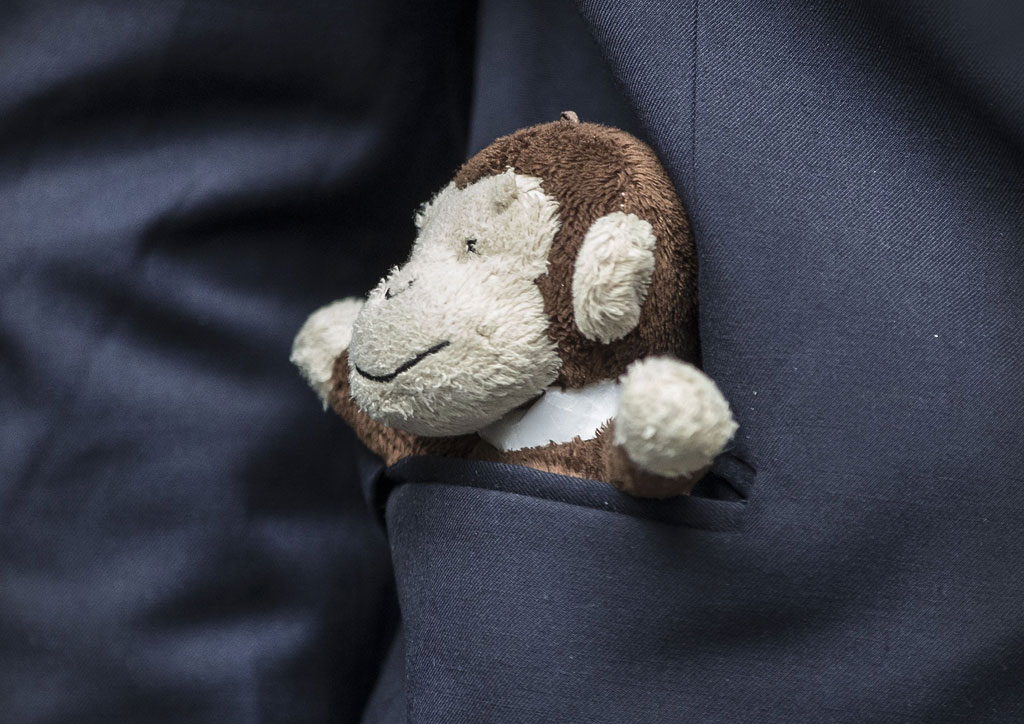
Taking an objective position in a case such as that of Charlie Gard is ‘realistically impossible’ which is why families cannot be the final arbiters, writes solicitor David Locke in NLJ.
The terminally ill baby boy was the subject of a high-profile and fractious court battle between his parents, who wished to take him to the US for experimental treatment, and doctors at Great Ormond Street Hospital (GOSH), who said this would not be in the baby's best interests.
Writing in NLJ, David Locke, a partner in the health litigation team at Hill Dickinson, says: ‘The obligation to take an objective position, in a situation which is by definition so personally emotive, is realistically impossible. It is the same unavoidable, yet understandable, subjectivity in the determination of the best interests of a sick child which mean families cannot be the final arbiters. Any attempt to argue the contrary is no doubt an interesting philosophical exercise, but it certainly does not reflect a workable reality.’
Locke adds: ‘It is important (and perhaps hardest) to understand that what will not be directly relevant to the assessment are the parents’ wishes. What is wished may or may not coincide with what the evidence indicates is in the child’s best interests. In some respects the likely divergence between these positions is at the heart of each litigated matter, and it is worth noting that medical professionals cannot be obliged to provide treatment which is futile.’
Mr Justice Francis, the presiding judge, indicated after the case that he believes mediation should be attempted in similar cases, and litigation avoided where possible.










